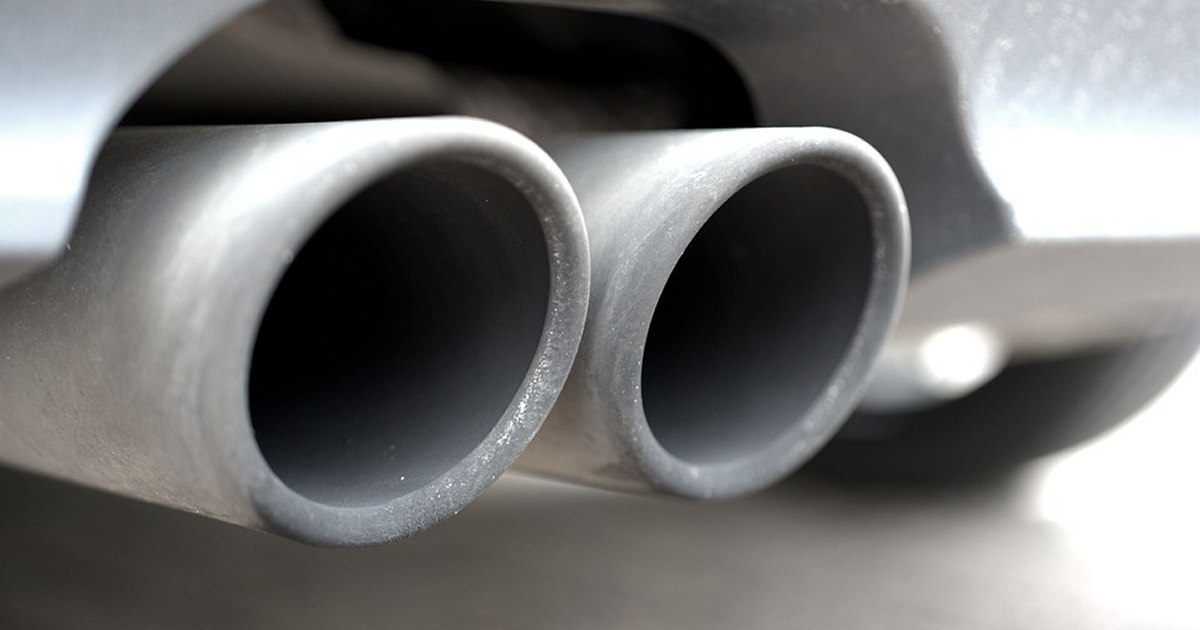
The latest National Greenhouse Gas Inventory update indicates Australia’s emissions edged up in the year to September 2022.
Released by the Albanese Government yesterday, the September 2022 Quarterly Update states 490.5 million tonnes of carbon dioxide equivalent emissions were recorded for the period, up 300,000 tonnes or 0.1 percent on the year to September 2021.
Electricity Generation Emissions Down
A bit of good news was emissions from electricity generation were down 3.1 percent or 5.1 million tonnes, thanks to renewable energy. While electricity generation remained the largest source of emissions in the national inventory (32%) in the year to September 2022, they were down 25.8% (54.7 Mt CO2-e) from the peak recorded in the year to September 2009.
The update notes coal-fired power generation declined 4.9% compared to the year to September 2021, while generation from renewables increased 19% in actual terms.
Transport, Stationary Energy, Agriculture Emissions Up
But the ongoing headway being made on electricity generation related emissions was eroded by:
- Increased transport emissions (up 4.3%; 3.8 Mt CO2-e). This was attributed to ongoing recovery from previous COVID related travel restrictions.
- Increased emissions from stationary energy (not including electricity), which were up 0.7% ( 0.7 Mt CO2-e). This was mainly driven by increased activity in the chemical manufacturing sector.
- Increased emissions from agriculture, up 3.2%; 2.5 Mt CO2-e. This was due to continuing recovery from drought resulting in increases in livestock.
Commenting on the figures, Minister for Climate Change and Energy Chris Bowen acknowledged the huge task ahead in turning ” this cruise ship around”.
“What we do between now and 2030 is vital. 2030 is 82 months away and Australia is well placed to achieve our climate targets if we all work together towards a common goal,” he stated. “While the Government has acted swiftly to introduce a 43% by 2030 legislated emissions reduction target, a $20 billion investment in Rewiring the Nation, and the 82% renewable electricity target, we still have a way to go to see these, and other reforms take full effect.”
The latest update also incorporates preliminary emissions in the year to December 2022 – 490 Mt CO2-e, a decrease of 0.3% on the previous year to December.
The full Quarterly Update of Australia’s National Greenhouse Gas Inventory: September 2022 can be viewed here.
Boosting EV Uptake Critical To Reining In Transport Emissions
On the transport side of things, a very good way to really start making inroads on emissions from that source would be the introduction of fuel efficiency standards. These are critical to improving supply of electric vehicles into the Australian market and making EVs more affordable.
The Albanese Government is taking a serious crack at this via the National Electric Vehicle Strategy. A discussion paper released during the consultation phase for the Strategy mentioned “fuel efficiency standards” 18 times.
Here’s hoping fuel efficiency standards are put in place sooner rather than later. While EV uptake may be accelerating without them, as Minister Bowen indicated, Australia needs to push the pedal to the metal to meet emissions goals.

 RSS - Posts
RSS - Posts



Would fuel efficiency standards apply to 4WDs, SUVs, or trucks? The first 2 are supplanting cars as the preferred mode of transport despite inner city driving rarely requiring 4WD capability and their fuel efficiency generally being radically worse than cars, while trucks are the backbone of Australia so any costs imposed will be transferred to consumers already struggling with soaring costs of living.